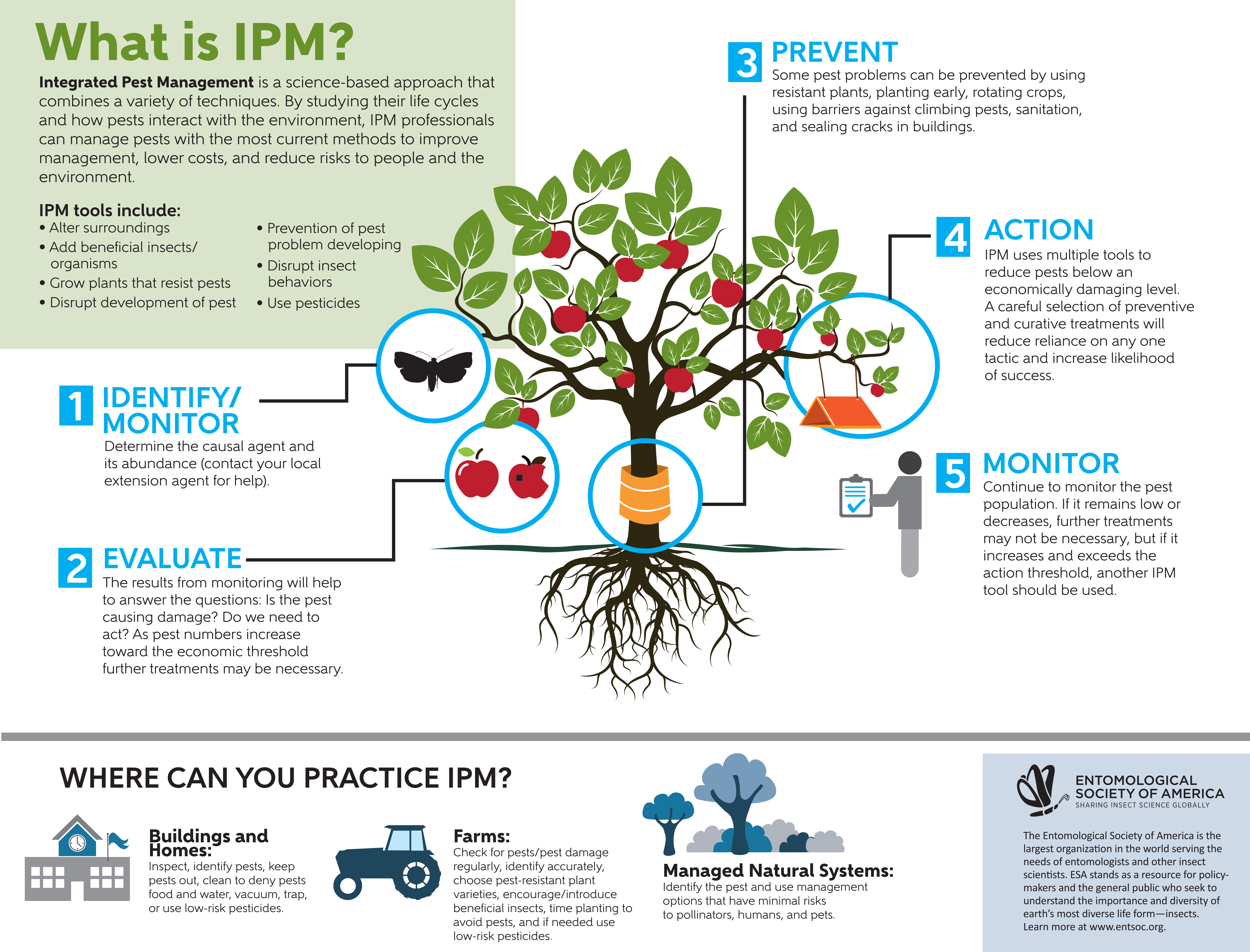The Duty Of Pest Control In Food Security And Hygiene
The Duty Of Pest Control In Food Security And Hygiene
Blog Article
Post Author-Tonnesen Tanner
Are you aware of the surprise threats that parasites present to the security and health of your food? From Legal regulations on rodenticides to insects, these undesirable visitors can pollute your ingredients, surfaces, and storage space locations.
Exclusion techniques discovers the critical function of parasite control in maintaining the highest possible criteria of food safety and hygiene. Discover effective approaches and avoidance measures that will help you protect your service, consumers, and credibility.
Don't allow insects compromise the high quality of your food.
The Impact of Bugs on Food Security and Health
In your kitchen, bugs can have a substantial effect on food safety and hygiene. These undesirable visitors, such as rodents, bugs, and cockroaches, can contaminate your food, surfaces, and utensils with damaging microorganisms, infections, and parasites. They can quickly access your cupboard, cabinets, and even your refrigerator, leaving behind droppings, urine, and hair.
Not just can they spoil your food by chewing through packaging, but they can additionally spread diseases like Salmonella, E.coli, and Listeria. Envision preparing a meal for your household, not aware that the active ingredients you're utilizing are currently polluted.
It's crucial to take prompt action to stop and control parasites in your kitchen. Regular cleaning, proper food storage space, and professional bug control procedures are necessary to make certain food safety and preserve a hygienic setting in your cooking area.
Effective Parasite Control Methods for the Food Market
Applying effective pest control methods is critical for maintaining food security and hygiene in the food market. By executing these methods, you can avoid pests from contaminating the food and make sure that your items are risk-free for usage.
One reliable strategy is to frequently inspect and check your facility for signs of bug activity. This consists of checking for droppings, nests, or any kind of damage brought on by insects.
It's additionally vital to seal all entry indicate prevent pests from entering the center. Regular cleaning and hygiene are vital, as bugs are brought in to food deposit and spills.
Furthermore, proper waste administration is vital to prevent the build-up of food waste that can draw in bugs.
Preserving Hygiene Criteria Through Insect Avoidance Measures
To keep health requirements, you have to on a regular basis carry out parasite prevention actions. By taking aggressive actions to prevent pests from entering your food establishment, you can ensure the safety and cleanliness of your facilities. Right here are some effective insect avoidance steps to take into consideration:
- Seal all splits and crevices: Parasites can go into via even the tiniest openings. Consistently evaluate and seal any type of gaps in doors, windows, wall surfaces, and floors to keep insects out.
- Proper waste monitoring: Deal with food waste promptly and securely in secured containers. This will certainly lessen the attraction of parasites and stop problems.
- Normal cleansing and disinfecting: Preserving tidiness in your facility is critical. Regularly tidy and sterilize all areas, paying special focus to locations where pests might conceal or reproduce.
- Carry out a monitoring system: Frequently inspect your facilities for indicators of bug activity. Set up insect surveillance gadgets, such as catches or sensors, to identify and attend to any potential issues early.
Final thought
So bear in mind, when it comes to food safety and security and health, bug control plays a vital function.
By applying effective pest control techniques and safety nets, we can guarantee the greatest standards of sanitation and security in the food industry.
Don't allow parasites endanger the high quality of our food; let's stand together and safeguard our health and wellness and health.
